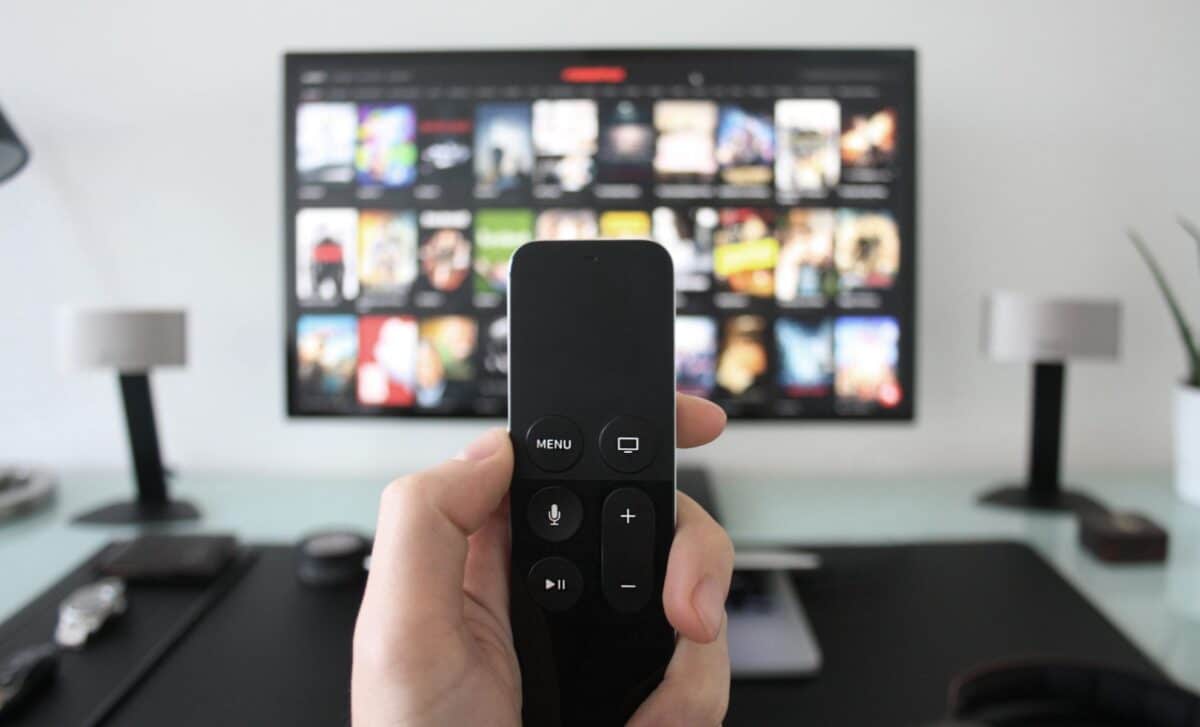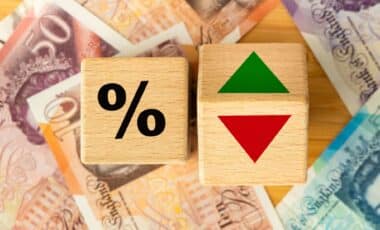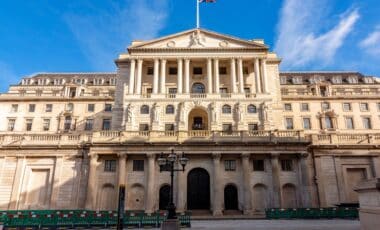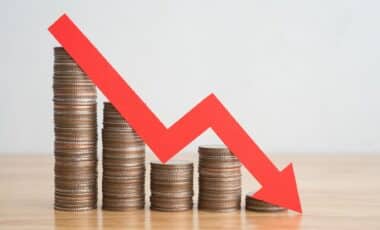The cost of a TV Licence in the UK has increased to £169.50, a significant annual expense for many households. However, new insights reveal that thousands of people may not need a licence at all. If you’re only using certain streaming platforms or watching catch-up TV (excluding BBC iPlayer), you might be eligible to cancel your licence and even claim a refund for any unused months.
This guide explores who needs a TV Licence, who doesn’t, and how you can potentially save hundreds of pounds every year.
What Is a TV Licence, and Who Needs It?
The TV Licence is mandatory for households watching or recording live TV as it’s broadcast, regardless of the channel. It also applies to those using BBC iPlayer, whether live, catch-up, or on demand. However, if your viewing habits primarily involve other platforms, you might not need a licence.
When You Need a Licence:
- Watching or recording live TV programmes on any device.
- Using BBC iPlayer to stream, download, or watch catch-up content.
When You Don’t Need a Licence:
- Only watching catch-up TV on platforms like ITV Hub, All 4, or Sky Go, excluding BBC iPlayer.
- Streaming content exclusively on services like Netflix, Disney+, Amazon Prime Video, or YouTube, as long as it’s not live.
Many households remain unaware of these distinctions, which could save them a substantial amount of money.
Steps to Cancel Your TV Licence
If you’ve determined that you don’t need a TV Licence, you can take steps to cancel it and apply for a refund for any unused months. Here’s how:
- Complete the Cancellation Form: Visit the TV Licensing website and fill out the refund and cancellation request form.
- Provide Evidence: You may need to prove you no longer watch live TV or use BBC iPlayer.
- Undergo an Inspection (if Required): TV Licensing may visit your address to confirm you’re not using services that require a licence.
- Receive Your Refund: If approved, refunds are calculated based on full unused months and issued via cheque or direct deposit.
Potential Penalties for Misuse
If a household cancels its licence but continues to watch live TV or use BBC iPlayer, it could face fines of up to £1,000 in mainland UK. Higher fines apply in some regions, such as £2,000 in Guernsey and £500 in Jersey.
Common Scenarios for TV Licence Refunds
Here are some situations where you may be eligible for a refund:
- You’ve Stopped Watching Live TV: Your household has transitioned to catch-up TV or streaming services only.
- The Licence Holder Has Passed Away: The estate can claim a refund for the unused portion of the licence.
- You’re Registered Blind: Blind individuals can receive a 50% discount on the licence fee, and refunds may apply if this discount wasn’t previously claimed.
- You No Longer Need the Licence: This could apply to students moving out of shared housing or households with duplicate licences.
| Reason for Refund | Eligibility Criteria | Refund Process |
|---|---|---|
| No Longer Watching Live TV | Using only non-live streaming or catch-up services | Provide proof of viewing habits |
| Licence Holder Passed Away | Death certificate and unused months of licence | Apply through the executor of estate |
| Registered Blind Discount Missed | Provide proof of blindness | Apply for partial refund |
Discounts and Exemptions
Some individuals may not need to pay the full licence fee or any fee at all.
- Over 75s: If you or your partner receive Pension Credit, you’re eligible for a free TV Licence. Applications can be made from age 74, but you’ll need to pay until the month before your 75th birthday.
- Registered Blind Individuals: Receive a 50% discount, provided the licence is in their name.









